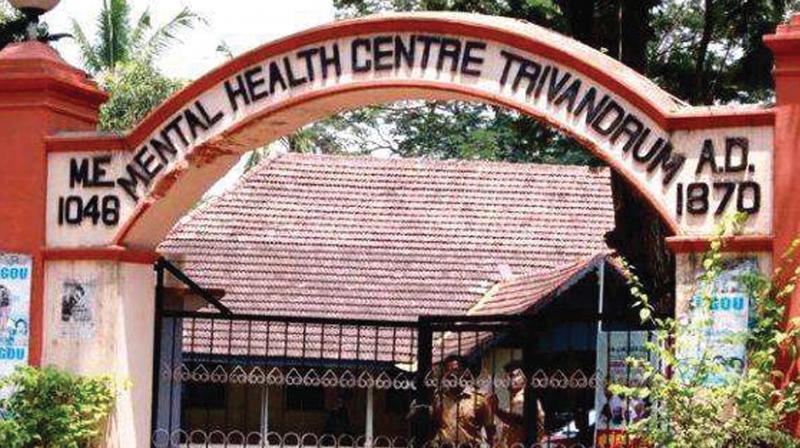Thiruvananthapuram: Halfway homes for rehab of mentally ill
The plan is to open a minimum of three halfway homes outside of the three mental health centres at Thrissur, Kozhikode and Thiruvananthapuram.

Thiruvananthapuram: Giving a fresh lease of hope to hundreds of patients cured of mental illness at government mental health centres in the state, the social justice department (SJD) is gearing up to start halfway homes to accommodate them before reinstating in the society.
The plan is to open a minimum of three halfway homes outside of the three mental health centres at Thrissur, Kozhikode and Thiruvananthapuram.
There are around 1,500 patients at all three mental health centres in the state. According to officials, hundreds of them are cured of the illness, but the families are not ready to take them back.
“The main issue we are facing currently is that even after the treatment, the patients are not getting discharged. Many patients are skilled and had jobs. The home would be a boon for them,” said an SJD official.
“We have invited expression of interest from NGOs for setting up halfway homes.
Each home would have the capacity to accommodate 25 patients. There will be counsellors to assist the patient and the family as well.”
T. Sagar, superintendent of Thiruvananthapuram Mental Health Centre, said that an average of 25 patients come to the hospital daily for treatment. The total bed strength at the Centre is 531, but the more patients get admitted.
“We would be able to shift some of them once the halfway homes are set up. Many NGOs are working with us, and we shift the patients to their institutions normally. Once the halfway homes are ready, the government would be able to provide more help for them,” he said.
J. Sandhya, one of the executive committee members of Administrative Reforms Commission, said halfway homes are a necessity in the state.
“They deserve better and proper rehabilitation, and assistance would help them get back to normal life. Many are often reluctant to accept them back into the family. Rather than living like prisoners, they deserve a less restrictive life,” she said.

